This month I’m joined on the audio version of This Common Life by David Congdon to talk about his new book and its central question: “Who is a true Christian?”
Together we cover a wide range of topics David engages with in the book ranging from how Christians have sought to define the “essence” of Christianity across place and time through what David calls “prescriptivist” and “descriptivist” accounts to why evangelicals indebted to the very liberalism that they claim to reject so fervently.
We also look at how the influence of “modernity” and “post-modernity” have shaped this project differently, including the idea that worshiping communities hang on the fragile choice to remain a Christian when alternatives abound.
Finally, we close our conversation in the same way that David closes his book, asking what it might mean to embrace polydoxy over orthodoxy as a way of thinking about Christianity that does not have a magisterial authority.
Dr. David W. Congdon is an author, speaker, and scholar working in the area of theology and culture. He is a graduate of Wheaton College and of Princeton Seminary where he received both his M.Div. and Ph.D. in theology. He is also the Senior Editor at the University Press of Kansas, where he oversees the publishing program in political science, law, US history, Native American and Indigenous studies, environmental studies, American studies, and religion.
Show Notes:
How can Christianity span cultures, time, geography, etc., and remain the same while inevitably changing/adapting to particular places and times?
A threefold structure: “Believing, behaving, and belonging” (or, “knowing, doing, being”).
Modernity is a period in which that givenness of belief—that givenness of life—has been called into question. This is a period where individuals are empowered to ask questions like, “Do I really have to believe this?”
The distinction between descriptive and prescriptive accounts goes back to linguistics and dictionaries. Do dictionaries give us a description of how language is actually used, or do they give us a prescriptive norm for how we ought to use language?
Descriptive accounts attempt to describe what we see on the ground—accepting the claim of those who call themselves Christian and then examining what they do and say.
Prescriptive accounts suggest that finding the essence of Christianity requires adhering to specific marks—practices, beliefs, ideas, patterns—that. make one a genuine Christian.
“My attempt in this book is to try to form a way of thinking about Christianity that helps in some ways mediate that conversation between the descriptive side and the prescriptive side. I think both have genuinely helpful and important insights, but the terms of the conversation need to be rethought in order to allow for us to recognize the merits of both positions.”
Descriptive historians of evangelicalism have offered really helpful, insightful, descriptive analyses of American evangelicalism. But this is, in part, why their work has become controversial for evangelicals. It is shining a light on what evangelicalism actually is in a way that clashes with evangelicals’ own self-understanding.
“The conservative or evangelical take on Christianity is just as liberal as the liberals they're criticizing in that they are just as deeply embedded in the modern liberal project and context as the liberal Protestants that they think they are the opposite of.”
The concept of worldview, in effect, synthesizes the doctrine-belief aspect with the culture-belonging aspect.
Because of its culture-totalizing dimension, worldview is able to address the current needs of Christians, especially conservative evangelical Christians, in a way that a simple focus on classic creedal doctrine wouldn't be able to do.
George Lindbeck helps theorize the role that culture plays in thinking through what defines Christianity. This is a theory that evangelicals take up.
The quest to define who is a true Christian is part of a larger quest for control. This attempt to control happens in three primary ways: doctrinally, culturally, and politically.
Polydox Christianity requires everyone to embrace heresy—to embrace choice.
“These constant everyday choices [of faith] create a social context in which faith, whether orthodox, liberal, or otherwise, is constructed and held together, not by any authority, but by the fragile decision of people to continue to participate in a particular form of religious practice.”
“The concept of orthodoxy is in some ways the overarching problem that this book is attempting to analyze because Orthodoxy [is] this attempt to define who is truly Christian.”
“Polydoxy is an attempt to think through a way of thinking about Christianity that does not have a magisterial authority.”
“There's been for far too long an assumption that faith must be a form of obedience; and, and that obedience is the only glue that keeps us together.”


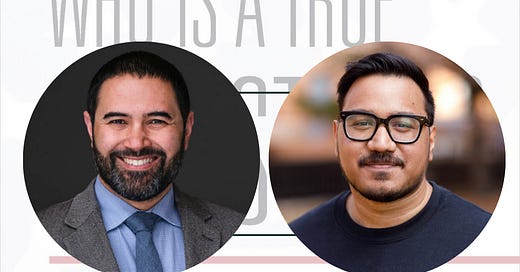
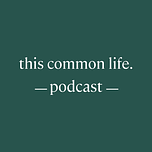



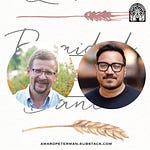
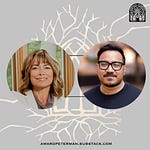
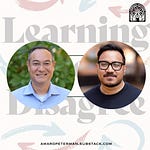



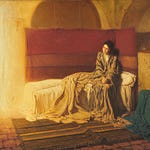
Share this post